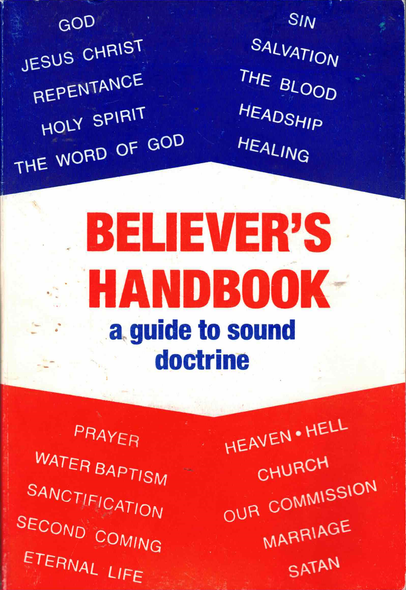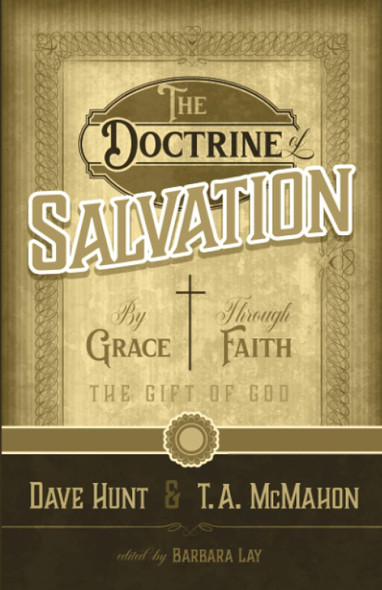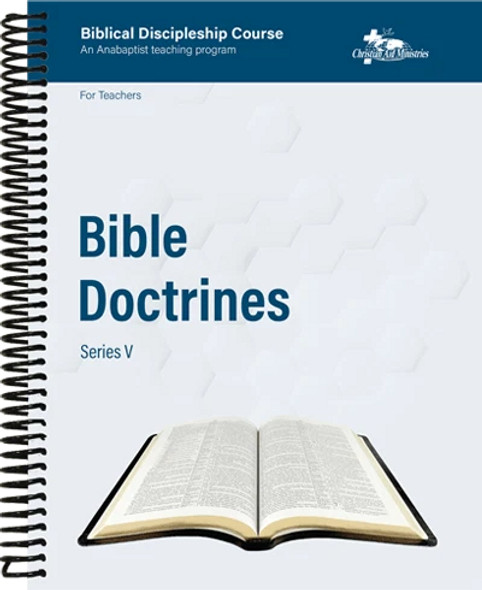Description
It is not very popular these days, but the Bible tells us to study and to rightly divide the Word of God:
Study to shew thyself approved unto God, a workman that needeth not to be ashamed, rightly dividing the word of truth. (2 Timothy 2:15)
Scripture tells us that the Word of God is “quick, and powerful, and sharper than any two-edged sword”:
For the word of God is quick, and powerful, and sharper than any twoedged sword, piercing even to the dividing asunder of soul and spirit, and of the joints and marrow, and is a discerner of the thoughts and intents of the heart. (Hebrews 4:12)
Scripture assures us that God’s Word really is God’s inspired Word, and that it is profitable for doctrine:
All scripture is given by inspiration of God, and is profitable for doctrine, for reproof, for correction, for instruction in righteousness: That the man of God may be perfect, thoroughly furnished unto all good works. (2 Timothy 3:16-17)
But in the deceptive times in which we live, doctrine has become, for many, a harsh and even hated word. Yet, according to Strong’s Concordance, the word doctrine in Greek simply refers to “instruction” and “teaching.” Webster’s New American Dictionary defines doctrine as “something taught as the principles or creed of a religion, political party, etc.; tenet or tenets; belief; dogma.” The word dogma also takes a bad rap and is similarly defined by Webster as “a belief or set of beliefs that is accepted by the members of a group without being questioned or doubted.” These definitions are very straightforward, but the words doctrine and dogma still carry heavy negative connotations—even in the minds of many believers. If someone holds to doctrinal truth and refuses to compromise, they are frequently regarded as being too “dogmatic” and “hung up on doctrine.”









